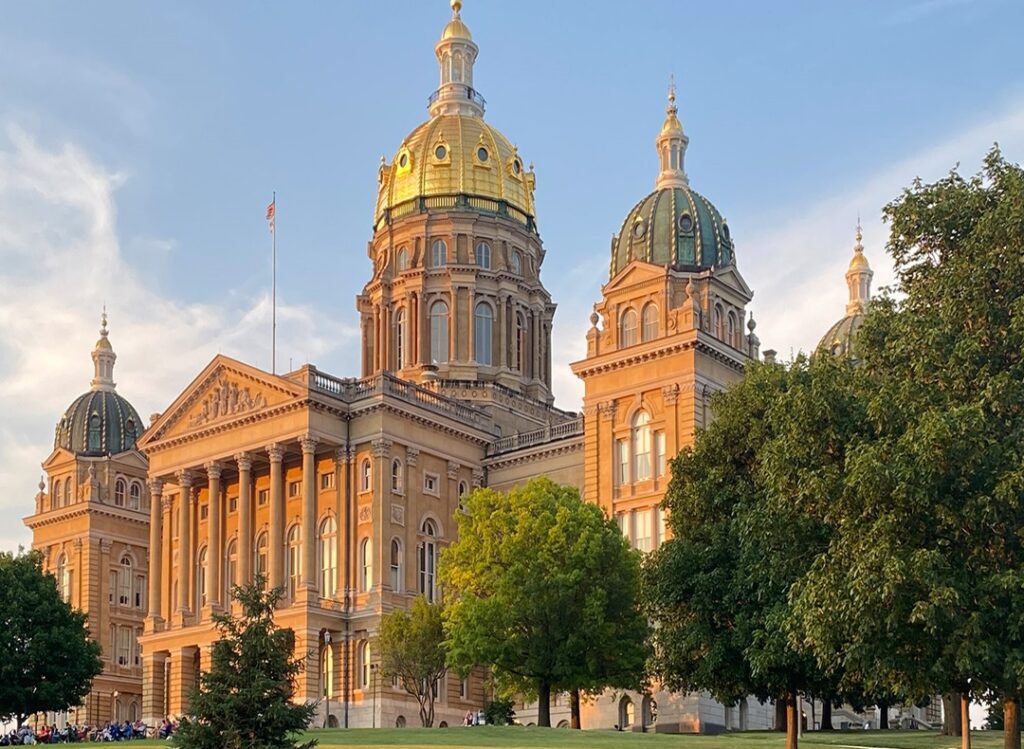Tilting at taxes
You run a city on revenues. It's plain and simple. Where that money comes from is another matter.

Attorneys for the City of Des Moines and resident Lisa Kragnes are hashing out a way for the city to refund an estimated $40 million that courts say amounted to an illegal tax paid by residents and businesses between 2004 and 2009.
The city says it was just trying to fund valable services without raising property taxes, the chief source of revenue for local governments.
Are there acceptable alternative taxes?
The plan to pay the franchise fee refund is just one of at least three tax changes likely to be considered in 2013. In addition to franchise fees, commercial and industrial property tax formulas may change and another sales tax has at least one advocate.
In 2004, the City of Des Moines was raising additional cash by charging a fee on gas and electric utility services. Everyone who paid a utility bill paid the fee. Seemed fair enough. The city expanded its revenue base beyond property owners.
That year, the fee caught the attention of Des Moines homeowner Lisa Kragnes, who was recently divorced and examining her bills. Kragnes eventually hired attorney Brad Schroeder, who specialized in family law, to challenge the fee as an illegal tax.
Eight years later, lawyers for the city and Kragnes are hammering out a method for refunding the estimated $40 million the city collected from utility customers between 2004 and 2009 – after a Polk County judge determined the franchise fee was an illegal tax.
The fee has risen to 5 percent over that time. Its use as a broad-based revenue raiser was legalized in 2009 by the Iowa Legislature after a lobbying effort by the City of Des Moines.
The city won that legislative battle, but it has lost every step of the way in its fight to avoid paying an estimated $40 million. That’s the amount a Polk County judge determined the city overcharged residents between 2004 and 2009, when it did not have the authority to charge the fee for a range of city services.
Since 2009 legislation, franchise fees can be used for:
• The repair and improvement of publicly owned property.
• Projects to prevent or mitigate future disasters.
• Energy conservation programs and aid for low-income homeowners
• The establishment, construction, reconstruction, repair, equipping, remodeling and extension of public works, public utilities and public transportation systems.
• Repair and construction of streets, bridges, highways and sidewalks.
• Property tax abatements, building permit fee abatements and abatement of other fees for property damaged by a disaster.











